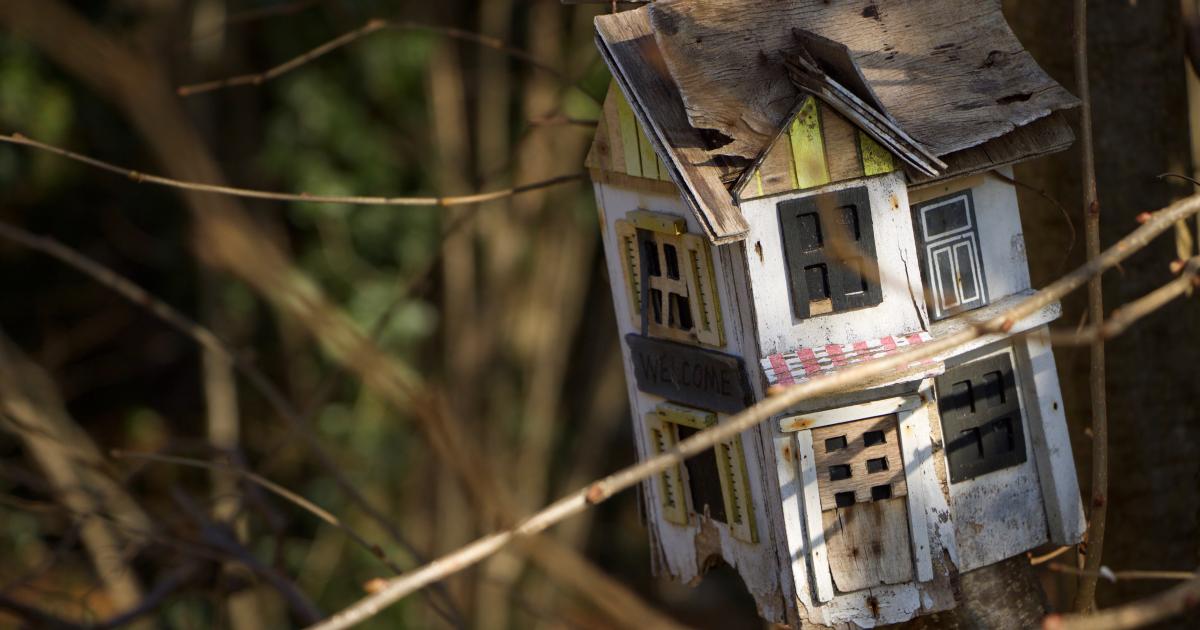
The Ocupas Phenomenon in Spain: Challenges and Solutions
News/
Causes of Ocupas
The "Ocupas" phenomenon involves the illegal occupation of sites without the consent of the owners, taking on a variety of motivations, from a desperate need for a roof over one's head to organized practices practicing occupation for profit. W many cases involve social movements that seek to draw attention to the housing shortage problem and demand solutions from the authorities.
Impact on Owners and Society
Illegal occupation of property negatively affects both individual owners and society as a whole. Owners struggle with the loss of their property, damage, and often lengthy and costly legal-administrative processes to get it back. At the social level, occupation contributes to an atmosphere of insecurity and distrust, affecting coexistence in communities.

Legal Ways to Solve the Ocupas Problem
The main remedy for owners facing illegal occupation is the legal route. In Spain, the legal process to evict illegal occupiers can be complicated and time-consuming. Owners must file complaints with the authorities, follow legal procedures, and ultimately apply for eviction enforcement. It is important to use legal assistance to ensure that each step is correct.
Challenges of the Legal Process
Despite the existence of a legal route to solve the problem of occupation, the process leaves much to be desired. Owners face challenges such as delays in court proceedings, the need to prove the illegality of the occupation and, in some cases, resistance from the occupiers. In addition, both the emotional and financial strain of pursuing legal recourse can be significant.
Fortunately, Article 202 in the Spanish Criminal Code discusses cases of burglary, especially when the perpetrator is caught in the act. In practice, this refers to a report within the first 48 hours after a wild occupation. In such a situation, the police have the power to immediately 'liberate' the dwelling, without going through the entire legal procedure.
Prevention and Deterrence Measures
Rather than relying solely on legal measures after an occupation incident, some owners implement prevention and deterrence measures. These may include strengthening security systems, a community surveillance initiative and hiring property management services. The goal is to make it more difficult and discouraging to occupy the property, make it, so that it becomes less attractive and more difficult to implement.
We recommend installing an alarm and cameras (preferred with motion sensor), which provides a solid evidence base for the police to establish exactly when the occupation of the flat took place and how.
Property Management: A Preventive Perspective
Property management is gaining ground as an effective preventive strategy against illegal occupation. This approach includes active monitoring of properties, regular visits and early recognition of signs of occupation. Hiring property management services can help owners keep their properties safe and in compliance with the law.

Social and Political Solutions
In addition to individual solutions, an approach is needed social and political to problem of occupation. Creating more inclusive housing policies, programs to help the homeless, and identifying vacant properties for social purposes are all measures that can help reduce the incidence of illegal occupation.
Addressing the problem of illegal occupation in Spain requires the cooperation of all stakeholders, from property owners to public institutions, NGOs and civil society. Only through a comprehensive approach and concerted action can this challenge be effectively addressed and the goal of creating a more just and safe housing environment for all be achieved.
Does the Ocupas phenomenon is there a reason not to buy nuerucho property in Spain?
It is worth noting that each country faces its own challenges regarding the issue of foreclosures, and there are some loopholes that require attention. Nevertheless, there are always solutions to every problem. Through the use of preventive measures, such as the installation of cameras or alarms, we can aim to develop effective strategies that will help secure the property enough to make investing in Spanish real estate not too risky.







